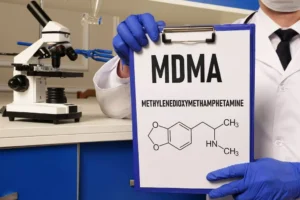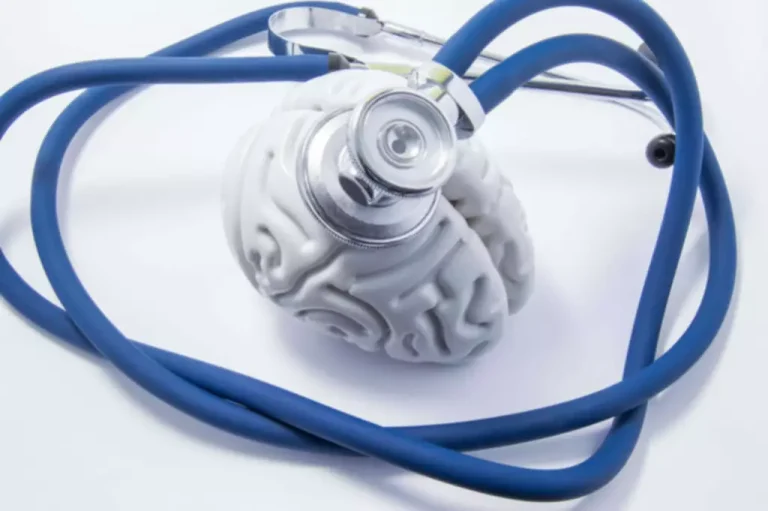
However, some with NPD may not be aware of how their behavior affects others. If your alcohol use is severe, you’ll likely need to go to an inpatient facility so that you can safely withdraw from alcohol. Alcohol withdrawal can be dangerous, narcissism and alcoholism so it’s important to seek medical help. To get started, contact a doctor or other healthcare professional, or reach out to a therapist. Further research into the causes of AUD might help experts develop more treatment options.
The Link Between Narcissistic Personality Disorder and Alcoholism
These traits can put a significant strain on personal and professional relationships, potentially leading to isolation for the alcoholic narcissist. If you or someone you know is struggling with the relationship between alcoholism and narcissism, seeking professional help is crucial. Addressing both conditions simultaneously through integrated treatment can lead to effective recovery and a healthier future. Little Creek Recovery provides specialized care to help you break the cycle of these co-occurring disorders. So, take the first step towards recovery today by reaching out to us for a professional for support and guidance. Being in a relationship with an alcoholic narcissist can be a challenging and emotionally draining experience.
The Intersection of Alcoholism and Narcissism

Alcohol can lower inhibitions and boost confidence, while stimulants like cocaine can provide a sense of power and invincibility. The link between narcissism and addiction is like a treacherous mountain path – steep, winding, and fraught with danger. The very traits that define narcissism can make individuals more susceptible to substance abuse and addiction. It’s a bit like a perfect storm, where personality meets vulnerability in a potentially devastating collision. People who think that they may have an addiction or a personality disorder should consult a doctor or mental health professional for advice and treatment.
Signs and Symptoms of NPD
It’s like watching a caterpillar transform into a butterfly – a process of profound change and growth. It is important to note that people with an addiction do not always show signs of a narcissistic personality disorder and that people with narcissism do not always develop an addiction. A 2019 study involving young adults with vulnerable narcissism found that the disorder can cause overwhelming feelings of shame in the individual. The person then seeks out alcohol or substances to mediate these feelings, leading to more feelings of shame, and so on.
Narcissism and sex addiction
- In many cases, seeking help from a detox center in Pennsylvania is a crucial first step toward recovery.
- According to the National Institute of Mental Health, 22.6% of people with a personality disorder may also have a substance misuse disorder.
- By way of example, a person must meet five of nine possible criteria for NPD to be diagnosed, ranging from grandiosity to a lack of empathy.
- Narcissistic personality disorder (NPD) and alcohol use disorder (AUD) are closely linked and can occur together as a dual diagnosis.
Alcohol lowers inhibitions, making it easier for narcissists to act on their desires and impulses without feeling restrained by social norms or consequences. Coping with an alcoholic narcissist can be challenging, and setting clear boundaries to protect yourself is important. This may mean limiting your exposure to their behavior or seeking support from friends and family. One of the most significant impacts of being in a relationship with an alcoholic narcissist is the constant need for attention. They may always demand your attention, leaving little room for you to focus on your needs and desires. As a result, you may feel resentful and frustrated as you struggle to maintain healthy boundaries in the relationship.
Overlapping tools for diagnosis

Our facility provides specialized programs that focus on treating co-occurring disorders. We offer integrated treatment plans that address both the psychological and physical aspects of addiction and narcissism, helping individuals achieve long-term recovery. Codependent individuals may develop a strong sense of responsibility for the alcoholic narcissist’s well-being, feeling compelled to fix or rescue them from their destructive behaviors.

Narcissism and alcohol: Is there a link?

Vulnerable narcissism features traits like low self-esteem, helplessness, and rejection sensitivity. Living with or loving someone who exhibits traits of a narcissistic alcoholic can be taxing. It’s important to take care of yourself to be able to help or take care of other people. Similarly, alcoholics avoid reflecting on their insecurities and lack of self-esteem by drinking. They avoid their inner feelings and thoughts by drinking excessive amounts of alcohol. Both narcissists and alcoholics will become defensive once people confront them about their actions.
- If you or someone you know is struggling with an alcoholic narcissist or seeking help for alcohol addiction and narcissism, it is important to seek professional guidance and support.
- It’s like learning to dance in a storm – you can’t stop the rain, but you can learn to move with it rather than against it.
Narcissistic tendencies can become more destructive when paired with alcoholism, as alcohol provides a means to numb or mask deep-seated feelings of shame. This, in turn, can lead to increased selfish behavior, aggression, and emotional instability. People recovering from co-occurring AUD and NPD must find healthy ways to replace maladaptive behaviors and thought patterns. Narcissism involves manipulation, taking advantage of the kindness of others, and selfish behaviors.
What are some common traits of individuals with both narcissism and alcohol addiction?

Both NPD and AUD are mental health conditions classified in the Diagnostic and Statistical Manual of Mental Disorders, 5th Edition (DSM-5). According to a 2019 study in Behavioral Medicine, 40.6% of NPD have substance abuse problems. On the flip side, grandiose and vulnerable https://ecosoberhouse.com/ NPD were both independent factors for alcohol abuse, concluded a 2019 study in the Journal of American College Health. Both narcissistic personality disorder and alcoholism are treatable conditions, but getting an alcoholic narcissist to accept help is notoriously difficult.
- Being in a relationship with an alcoholic narcissist can be a challenging and emotionally draining experience.
- This is especially true if you have conflicted emotions and are reluctant to speak with others who might judge you or your relationship.
- If they’ve just started dating a new partner and are still in the love-bombing phase, they’re likely to become even more vociferous about their love and admiration for that idealized person.
- Recognizing this interplay highlights the importance of comprehensive care, such as that provided by dual diagnosis treatment centers in Pennsylvania.
- Narcissism and alcoholism are two distinct conditions but share some traits.
- The altered state of mind induced by alcohol can further impair empathy, increase self-centeredness, and intensify manipulative tendencies.
Alcohol can have a profound impact on individuals with narcissistic personality disorder (NPD). It often exacerbates their symptoms and creates a vicious cycle of destructive behavior. Recognizing this interplay highlights the importance of comprehensive care, such as that provided by dual diagnosis treatment centers in Pennsylvania. These centers specialize in treating both mental health disorders and substance abuse simultaneously, offering integrated and personalized treatment plans for effective recovery. So, understanding this relationship is necessary for addressing both conditions effectively. Mental health disorders and substance misuse often intersect, creating complex challenges for those affected.